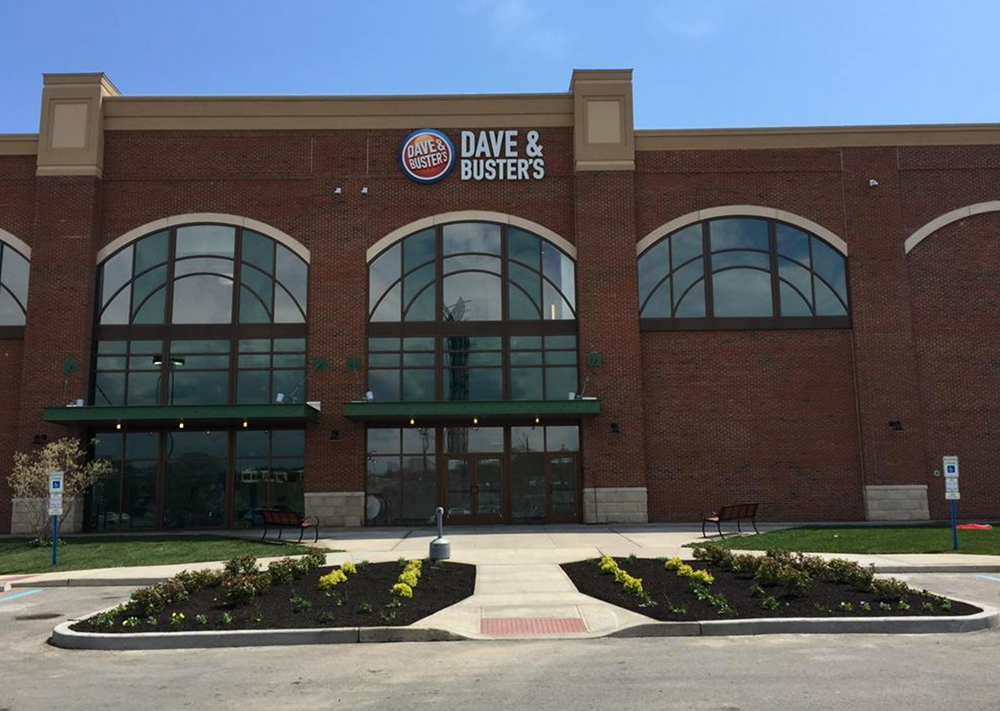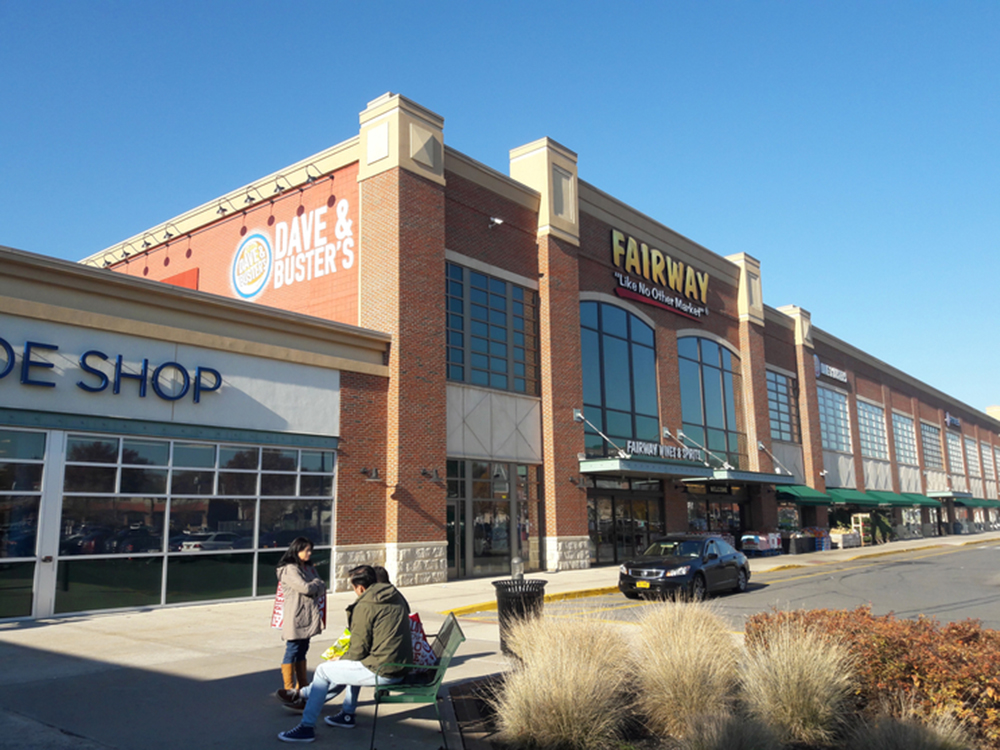
1501 Broadway - New York, NY


New York, NY The New York Real Estate Journal (NYREJ) recently sat down for a question-and-answer session with Matthew Harding, CCIM, CEO of Levin Management Corp. (LMC). The commercial real estate services firm leases and manages properties primarily in the New York/New Jersey regional market.
Harding launched his affiliation with Levin Management 33 years ago as a junior leasing agent with Paul Lawrence Realty Associates; within a decade he was an EVP overseeing leasing for the entire LMC portfolio. He joined the firm in-house in 1996 as SVP/deputy COO, was named president/COO in 2001 and assumed his current title in 2019.
NYREJ: Tell us a little bit about Levin Management.
Harding: LMC is an outgrowth of Levin Properties, a pioneering development firm founded in 1952 by the late Philip Levin and subsequently led by the late Janice Levin, his wife. They created an extensive portfolio of retail properties nationwide. From these roots, LMC evolved to deliver a full range of services as a third-party provider beginning in the 1980s.
Today, we represent institutional, fiduciary and individual owners of retail, office and industrial assets, with a portfolio of 110 properties totaling more than 15.5 million s/f. Still, our heritage carries through to our team’s approach to providing services, which reflects a landlord’s values. That means looking at things from an owner’s perspective and with a long-term view.
LMC’s in-house capabilities also distinguish us, particularly among like-size commercial real estate services providers. Our integrated services include leasing, property management, construction management and development, financial management and reporting, lease administration, marketing services, and acquisition and disposition consulting services.


NYREJ: How does your integrated approach benefit clients, particularly in the current CRE environment?
Harding: We specialize in repositioning shopping centers, and renovating properties of all commercial types. Within this context, consider the role of in-house construction.
For retail, this vital capability has always been (and remains) an advantage when it comes to property upgrades and redevelopment. Today, however, construction has taken a central role in deal making as well. Many national retailers mandate that property owners provide turnkey delivery. These projects are complicated and require extensive work. They often are on strict schedules, with penalties applied if dates are missed – which can become costly. Having in-house construction management, along with property operations and leasing capabilities, provides a distinct advantage.
Further, across product types, landlords are focusing on how to best position their properties in a changing environment. A great example in the office sector can be found at The Paramount Building. In 2018, we oversaw an award-winning, $50 million renovation project as owner’s construction representative. Today, we are doing some pre-built office suites at this Times Square landmark property. As the “traditional” workplace model evolves, access to in-house construction capabilities is a true value-add.


NYREJ: With so much change in retail, what is the formula for creating the “right” tenant mix?
Harding: Our leasing approach goes beyond simply filling space. We study the character of each market, including income levels, population, competition and traffic patterns. The right tenant mix is also about variety—from big brand names to small independent retailers in diverse categories, along with day-to-day-service providers.
In recent years, retail’s digital transformation has brought the social aspect of shopping back to the forefront. In turn, our team has focused on Internet-resistant uses, transforming shopping centers from places to buy goods and services to sites for meals and fun, health and wellness, and personal care.
Post Road Plaza in Pelham Manor is a “poster child” of this concept in action. As managing and leasing agent, we secured Dave & Buster’s, 24 Hour Fitness and a host of additional dining and service-oriented businesses. These efforts solidified Post Road Plaza’s place as a premier Westchester County shopping and dining destination.
NYREJ: What are you seeing currently regarding retail leasing activity?
Harding: Despite the uncertainty still facing the industry, we are seeing momentum throughout our portfolio. LMC’s nearly 600,000 s/f in retail transactions during 2020 and early 2021 included a host of new commitments, renewals and expansions.
In one New York example, we recently announced four new commitments totaling approximately 15,000 s/f at Mayfair Shopping Center in Commack. This flurry of activity will bring three new dining concepts and a popular specialty food store to the property, and follows a 20,000 s/f commitment by Planet Fitness last fall. In a retail environment that is still challenging, these transactions underscore the fact that well-located, quality properties remain in high demand.
NYREJ: How have you helped tenants and landlords navigate these unprecedented times?
Harding: Open-air shopping centers comprise the bulk of our portfolio, which has afforded some advantages during the pandemic. Not only do neighborhood, community and power centers house traffic-driving essential categories like grocery and home improvement, they also provide a higher level of operational flexibility than other product types. We have been able to work with restaurants to increase outdoor seating where possible and set up contactless curbside pickup for inline tenants. Our team also has assisted centers with social media marketing and signage to help them promote safety practices and communicate that they are open for business. These efforts have enabled retailers to tailor operations to the wants and needs of consumers.
NYREJ: What takeaways from the last year will stay with your firm?
Harding: Positive landlord/tenant relations have always been important, and the last year really brought this dynamic into focus. Specifically, as retailers worked to navigate an incredibly challenging environment they relied on an enhanced level of advocacy, flexibility and support from property operations and ownership. We approached everything on a very granular basis, reviewing the distinctive needs and nature of each business. Likewise, we did the same with property owners, to help them best respond to tenant requests and operational needs. This customized approach has always been central for our team; we are fortunate that our platform and size affords us the ability to forego “global,” one-size-fits-all policies. However, the practice has risen to a new level that we will sustain moving forward.